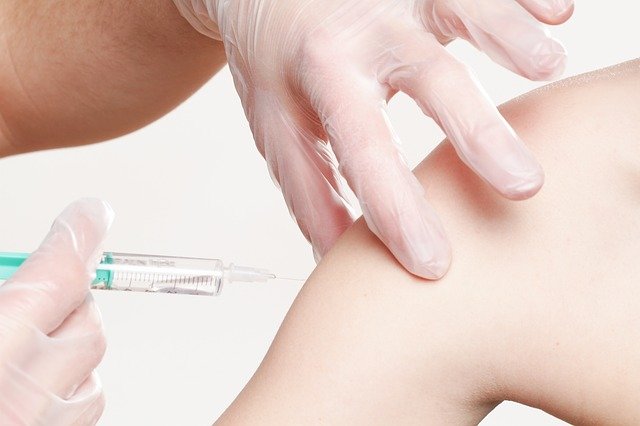
In a recent study, researchers from Rice University revealed recurring misconceptions about vaccination that need to be challenged.
Kirstin Matthews, a fellow in science and technology policy in the Center for Health and Biosciences at the Baker Institute, is available to discuss the science and necessity of vaccinations with the media.
She and Baker Institute graduate intern Melody Tan are the authors of two new issue briefs that examine the common anti-vaccine arguments and misconceptions presented during public hearings for two Texas House bills on vaccinations.
According to Matthews and Tan, there are five recurring misconceptions, including:
Vaccines are ineffective;
Herd immunity is a myth;
Vaccines “shed” and cause the spread of disease;
The impacts of vaccine-preventable diseases are minor;
Vaccine-exempt children are not spreading disease.
Each of these myths is inaccurate and unscientific, the authors wrote. Furthermore, the witnesses failed to use accurate scientific data to justify them.
The few witnesses who did try to cite research grossly misunderstood or misinterpreted the data.
Given these misconceptions, there is a clear need to increase awareness among policymakers and the public of vaccines’ positive impact, the negative consequences of an undervaccinated population and how policies can help influence vaccination rates in Texas, the authors said.
One way is to encourage broad public participation in discussions on vaccines that involve physicians, scientists, parents and students—especially those who are at risk by being around undervaccinated children, according to the authors.
In addition, scientists and doctors should share and discuss publicly available data and research on vaccines and their impacts on public health.”
The authors suggest that without strong public support for vaccines and vaccine research, Texas runs the risk of allowing more people to opt out for non-medical reasons, thereby increasing the risk of vaccine-preventable disease.
Vaccines are low-cost solutions to often expensive and debilitating illnesses. They reduce the public financial burden and increase public health, according to the authors.
They are a critical tool for public health and should be encouraged and promoted by the state Legislature by increasing access, not disparaged by allowing myths to perpetuate unchallenged.
Their analysis of anti-vaccine witness statements was presented during the Texas Legislature’s 2017 session.
Recent studies have shown that vaccination is very important to people’s health, especially for people with some chronic conditions.
For example, one recent study shows that people with diabetes should not skip vaccination.
There are 5 vaccines people with diabetes should take:
Influenza vaccine: A flu shot is the single best way to protect against seasonal flu.
Flu puts people with diabetes at high risk for health complications such as increased blood glucose levels.
Tdap vaccine: The Tdap vaccine protects against three serious diseases caused by bacteria: tetanus, diphtheria, and pertussis, or whooping cough.
People should get the Tdap vaccine every 10 years.
Zoster vaccine: The zoster vaccine reduces the risk of developing shingles and PHN, serious illnesses for unvaccinated people as they age.
People age 50 and older should get the Zoster vaccine.
Pneumococcal vaccine: People with diabetes are at an increased risk for death from pneumococcal infections, which can include infections of the lungs, blood, ear, and lining of the brain and spinal cord.
People with diabetes should get the pneumococcal vaccine once before the age of 65 and twice more after.
Hepatitis B vaccine: Since hepatitis B can be spread via shared blood glucose meters, finger stick devices and other diabetes care equipment, it’s critical that people with diabetes receive the vaccine.
Copyright © 2018 Knowridge Science Report. All rights reserved.
Source: Rice University, American Association of Diabetes Educators.



